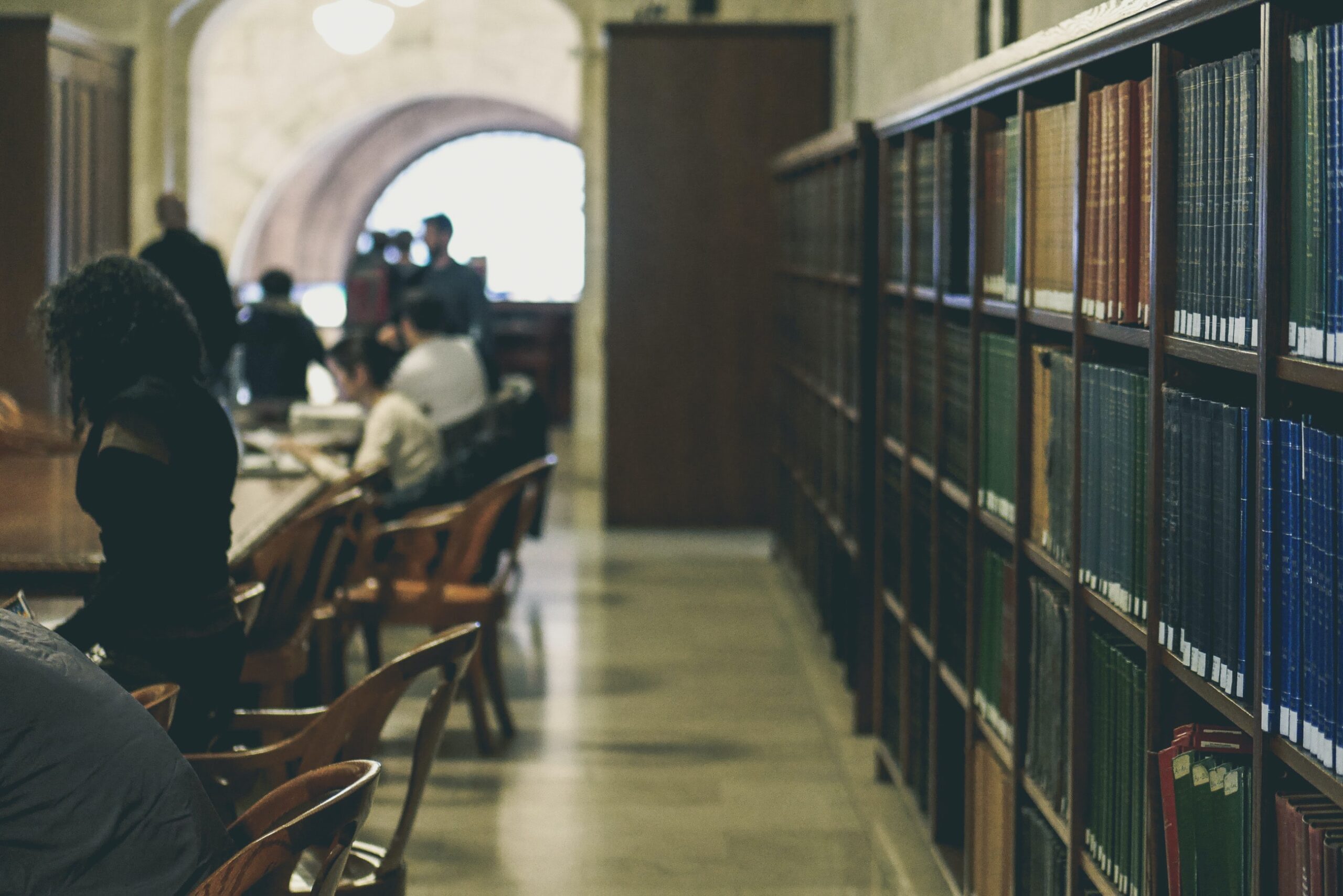
College Kids Would Have Been Forced to Return Home for Online Courses
BROOKLYN HEIGHTS — Students who came to the U.S. to attend college are breathing a sigh of relief after the Trump administration reversed course and rescinded a rule that would have stripped them of their visas and forced them to return to their homelands to continue their studies during the COVID-19 pandemic.
The now-rescinded rule fell under the Student and Exchange Visitor Program and was announced on July 6 by the U.S. Immigration and Customs Enforcement (ICE). International students whose schools are planning to move to a remote-learning model for the new semester and would be conducting online classes only were facing deportation.
Miguel Martinez-Saenz, president of St. Francis College in Brooklyn, said students and teachers at his school are pleased with the development.
“This is great news,” he said, adding that even “the staff was elated.”
Officials at St. John’s University in Queens praised the government’s about-face.
“The news that the administration has rescinded guidance that would have prohibited international students from studying at campuses offering online-only instruction this fall is a welcome relief for all students most especially international students at St. John’s University,” university officials said in a statement.
The ICE regulation would have been a hardship for many students, according to Arkelino Hila, who is from Albania and a sophomore at St. Francis College.
“Not every college is going to be able to have hybrid classes,” he said, referring to plans by many schools to offer at least some classroom instruction that would be supplemented with online courses.
Hila said he wasn’t worried about himself — because St. Francis College is planning to implement hybrid learning for the fall semester — but he felt bad for other students whose schools will not be providing the same option.
Returning home might ruin educational prospects for students from poorer countries, said Hila, an internet technology major.
“They are people who have problems with the internet,” he said, adding that the time difference is also a factor since some online classes might take place during early-morning hours in a student’s’ home country.
Technically, the new rule would have eliminated an exemption that ICE had previously announced on March 13 which allowed international students with visas to remain in the U.S. even if they were taking most of their courses online.
Seventeen states and the District of Columbia joined together to file a lawsuit to block ICE from putting the new policy in place, and New York State Attorney General Letitia James filed a separate lawsuit.
Harvard University and the Massachusetts Institute of Technology also went to court to try and stop the rule from taking effect.
It was during a hearing for the Harvard-MIT suit, on July 14, that it was learned the government rescinded the new rule.
Steve Maggi, an immigration lawyer from Long Island City, said the plaintiffs would have had to prove that the ICE rule would have caused irreparable harm. Maggi was not part of any of the lawsuits but said he has several clients who are in the U.S. on student visas.
“It’s just an incredible sense of panic,” he said, describing the reaction in the immigrant community when the rule was announced.
Maggi charged that the rule, which would have essentially forced colleges and universities to be limited to only classroom instruction, “flies in the face of our reality,” at a time when “the virus is spiking in many places.”
The Association of Catholic Colleges and Universities also condemned the Trump administration’s deportation threat.
“These are young people fully vetted by the U.S. government, given clearance to study here, and now partway through their programs,” the ACCU said in a statement. “Sending them home, without a degree, would force them to start their lives over simply because a university is trying to keep its faculty and students safe as contagion levels continue to be unpredictable.”
There were approximately one million international students studying in the U.S. during the 2018-2019 academic year, according to an “Open Doors 2019” report issued jointly by the Institute of International Education and the U.S. State Department.
The report also stated that foreign students pumped $44.7 billion into the U.S. economy during that academic year.
Martinez-Saenz said he was puzzled by ICE’s recent move: “I don’t understand the motivation.”
International students make up approximately 10 percent of the student enrollment at St. Francis College with 80 countries represented in the student body.
The rule would have also hurt students on a practical level, according to Martinez-Saenz.
“Many of these students have apartments here. They signed leases,” he said.
Martha Lakhan, who is entering her sophomore year at St. Francis College, said she was scared when she initially heard about the rule. Lakhan hails from Trinidad and Tobago, a country that has temporarily closed its borders.
“My first reaction was panic,” she said, but she was reassured when she was informed that her school was going to offer a hybrid education model.
Lakhan, who lives in Flatbush, plans a double major in communication arts and business management. When asked if there was anything about international students that she thought Americans should know, she said people should not make assumptions.
“Just because we come from a different country doesn’t mean we are different from Americans,” Lakhan said.
Hila, who lives with relatives in Coney Island, said international students just want to be treated fairly.
“We have invested money. We have invested passion. We have invested time,” he said. “We just need fairness.”
The article was updated to include a statement from St. John’s University.
